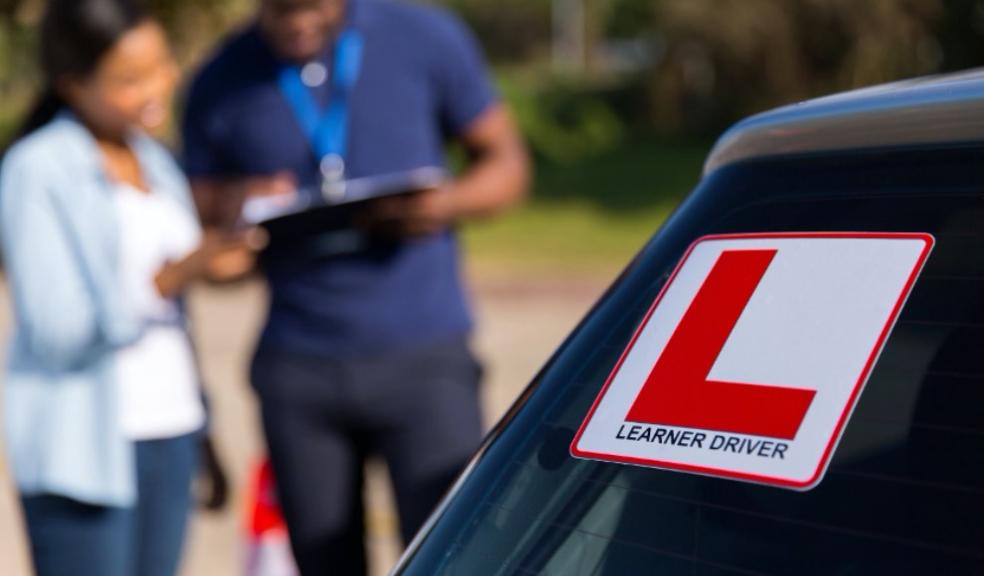
What to Look for in a Driving Instructor
Finding the right instructor can be a make or break decision when learning to drive. From the very first time you get behind the wheel of their car to the moment you take your test, a driving instructor needs to have the patience, communication skills and dedication that’ll secure you a pass.
Choosing a driving instructor shouldn’t be a rushed decision - you need to take your time to really decide whether they’re the right fit for you. One positive to come out of lockdown is that you now have a period to conduct thorough research and find the right fit.
Here are five qualities to look out for in a driving instructor to make this decision a lot easier.
1. Check for DVSA Approval
An obvious one, but you’d be surprised how easy it is for fraudsters to pose as qualified driving instructors. In the last five years, the Driver and Vehicle Standards Agency (DVSA) has received 1,000 complaints over fake driving instructors! (inews).
DVSA approval is the easiest way to identify a legitimate driving instructor. There are two types of licensed driving instructors issued by the DVSA – a Potential Driving Instructor (PDI) and an Approved Driving Instructor (ADI). Each of these will have a relevant badge displayed in the passenger-side edge of the front windscreen of their car.
Whether an ADI or PDI, each badge must include the following:
- Instructor’s name
- Photographic ID
- Validation date
- Unique instructor number
If your instructor is charging you for lessons but doesn’t have one of these badges, they are breaking the law.
One of the safest options is to book driving lessons through a reputable driving school, as instructors won’t be permitted to join their training programme if their application is refused. This process helps filter out drivers who pose a risk to students, such as those with criminal convictions and motoring offences. They’ll also have to pass all three exams through the driving school before they’re allowed to apply for their ADI badge. With online courses such as https://zutobi.com/uk/mock-theory-test, you'll get free driving tips and instructions you usually only get from expensive driving.
2. A Teaching Style That Suits You
Picking the right teaching style has a huge impact when learning to drive; particularly on how long it takes to pass your test. After all, you’ll spend a lot of time with your driving instructor- at least one hour a week on average.
Some are visual learners while others are verbal, and some just like to get stuck in and learn through experience. Every learner responds differently to certain teaching methods, so you need to find an instructor that mirrors your preferred style.
Think about how you best absorb information. Would you learn better with an instructor who has a tough love, non-nonsense approach? If not, a softer, more patient approach would probably be more effective.
Choosing a driving instructor you gel with can mean the difference between looking forward to your lessons and dreading them. Avoid booking a block of lessons before being sure you have found the right driving instructor. It’s best to have between three-five lessons with an instructor before you decide whether you trust their judgement enough to get you through your lessons and eventually pass your test.
3. Their Car
The car you’ll be learning is an extension of your driving instructor - you can’t have one without the other - you must consider if their car is one you’ll feel comfortable in.
Firstly, do you want sit your test for an automatic or manual driving license? It’s important you choose an instructor who has the right transmission; especially when the majority of learners in the UK are manual drivers. In fact, out of the 720,000 driving tests taken in the UK each year, only around 40,000 are automatic. If you want to learn automatic, you’ll likely pay more for lessons because of this limited availability.
You should also consider the car you plan on driving once you pass your test. If you already have a car to learn in, try to find an instructor who has the same or at least a similar car. This will allow you to familiarise yourself with the vehicle before hitting the road alone and will leave you feeling more prepared to take your test.
4. Lesson Structure
Every instructor treats their lessons differently. Some will suggest longer, two-hour sessions to ensure you get the most out of your timeslot right from the word go; while others will recommend you start with one-hour lessons and build up to two once your confidence has grown. Select a lesson duration that you’re comfortable with, not just what your instructor suggests!
It’s also worth checking if your instructor picks up other students during your lesson, so that once you’re dropped off, the next learner can simply jump into the front seat and begin their lesson. This is called “piggybacking” and is frowned upon in the driving lesson business, as the instructor is just trying to save time driving from one location to another. It can prevent students from having any beneficial one to one time with their teacher, hindering progress completely. If you have paid for a lesson, your instructor’s attention should be directed towards you and nobody else.
5. Reliability
Getting in as many lessons as possible before your test can make all the difference, so you need to be sure that your instructor can be relied upon. Having an instructor who regularly cancels lessons will really hinder your progress in the lead up to your test. If your instructor’s lack of organisation and time keeping skills are starting to affect you, it’s time to look for another one.
An unreliable instructor could also cost you on the big day, as they’ll be the one taking you to the test centre and preparing you for the examiner. The DVSA doesn’t take very kindly to learners who’re late for their test, nor ones who turn up without their driving license or theory test certificate.
You also need to check if your instructor has a decent reputation. It goes without saying really that you want one who has actually helped a lot of students earn their licence! This proves they possess all of the necessary skills to work with learns who have varying strengths and weaknesses. Websites such as TrustPilot are a great way to get the low down on other students’ experience with a particular driving instructor as are reviews on social media platforms. A driving instructor who comes with a range of glowing reviews should be more than qualified to help you pass your test —and you don't just have to take their word for it.
There’s no such thing as a perfect driving instructor, but that doesn’t mean there aren’t qualities you should look out for. This person is going to be key to the success of your driving journey - during and after your test - so put some thought into your decision before committing. Use lockdown to message potential instructors and ask them questions, as well as reaching out to family and friends that have recently passed for their opinions too.












